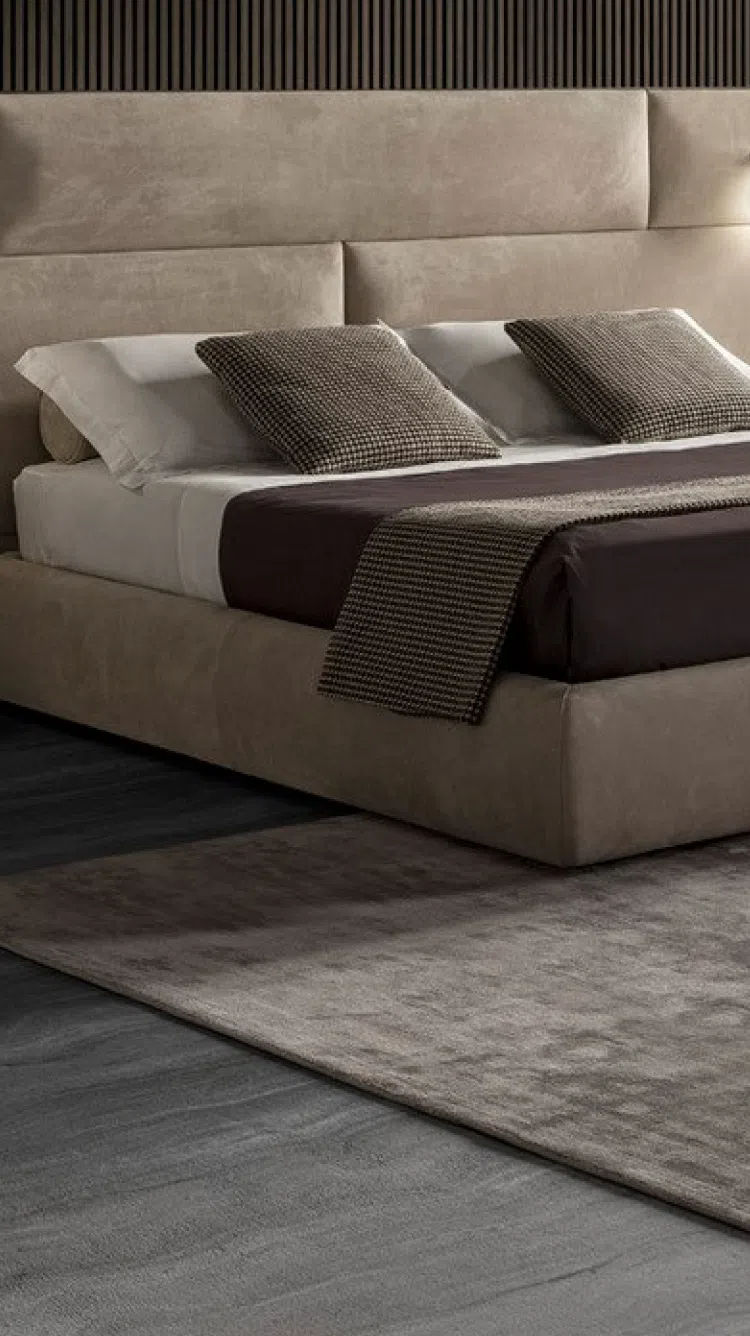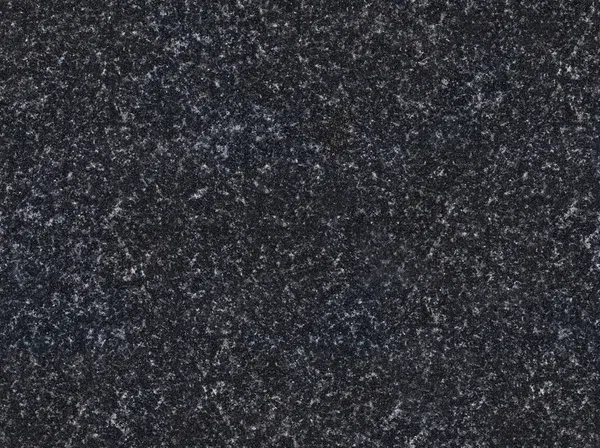Granite is an igneous rock composed primarily of quartz, feldspar, and mica minerals, which confer on it a visibly crystalline texture and structure. It's sourced from quarries where large blocks are cut from the Earth. Its unique appearance and durability have made it a popular choice for a variety of furniture applications, particularly for surfaces that require a hard and resilient material.
Key attributes of granite as a furniture material:
Durability: Granite is renowned for its hardness and resistance to abrasion. It is less susceptible to scratches and damage from heat compared to other materials like laminate or wood, making it ideal for tabletops and kitchen countertops.
Unique Aesthetics: Each piece of granite has a different pattern, with variegated flecks of color and unique veining. This makes every granite piece one-of-a-kind, offering a wide selection of choices for personal tastes and designs.
Heat Resistance: Because of its formation under extreme heat, granite is resistant to heat, making it safe to place hot items directly on a granite surface without fear of damage.
Maintenance: Granite is relatively easy to maintain. Daily cleaning can be done with just a damp cloth. That said, it is porous, so it may require periodic sealing to prevent staining and the harboring of bacteria in its pores.



